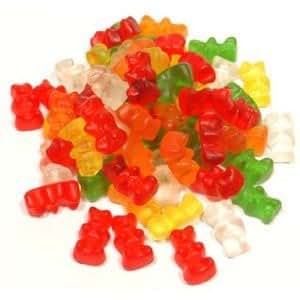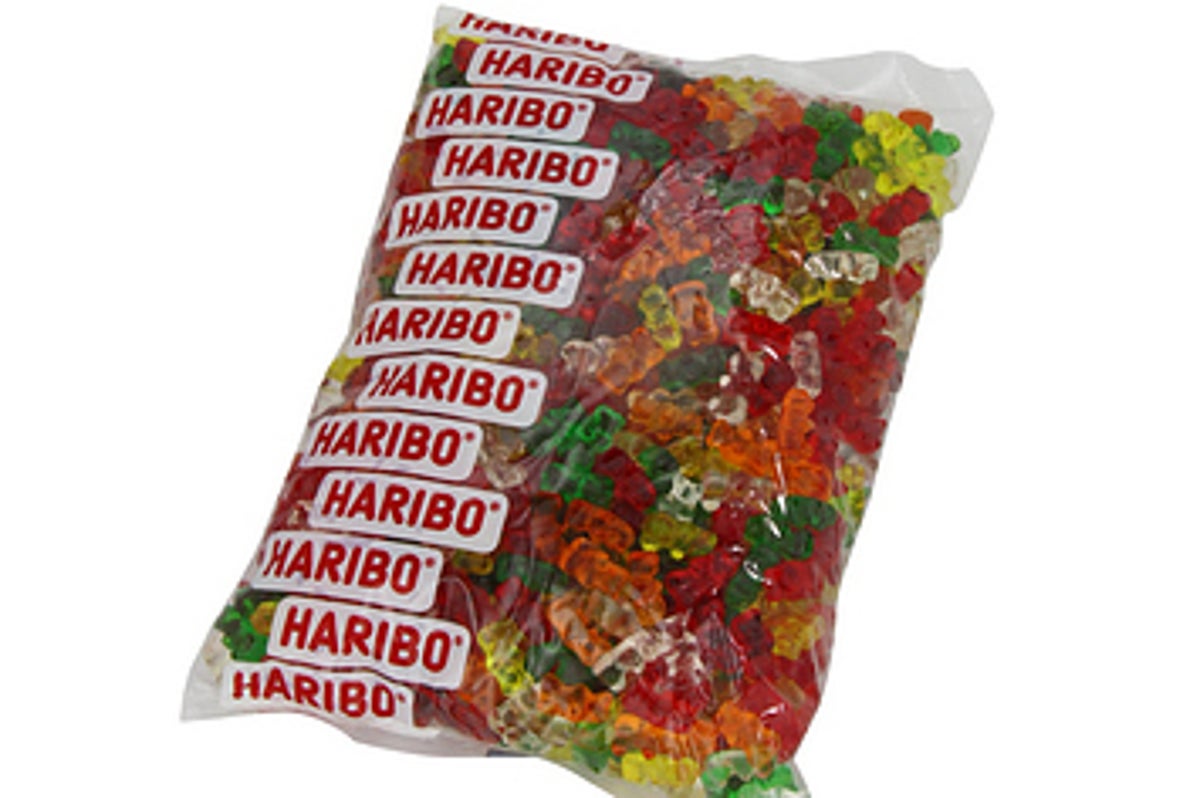The Haribo Sugar-Free Gummy Bears have become infamous not just for their taste but for the varied experiences recounted by consumers—a blend of delight and desperate regret. This article delves into the allure of these sugarless delicacies, the health implications tied to their consumption, and the social commentary surrounding their bizarre reviews. With a growing trend towards healthier eating habits and sugar alternatives, these gummy bears stand out, both for their sugary taste and the often hilarious and horrific feedback they receive on platforms like Amazon.

haribo gummy bears amazon reviews sugar free
Sweet Surrender: The Allure of Sugar-Free Sweets
For those seeking to curb their sugar intake without sacrificing taste, sugar-free candies appear to be the holy grail. According to nutritionist Dr. Jane Doe, “Sugar-free products are particularly appealing to individuals with diabetic conditions or those simply looking to minimize caloric intake.” As consumers become more health-conscious, products like the Haribo Sugar-Free Gummy Bears seem an attractive option. However, hidden beneath this sweet surface lies a troubling reality.

haribo gummy bears amazon reviews sugar free
The Taste Test: A Debate on Flavor
Many reviews extol the taste of Haribo Sugar-Free Gummy Bears, praising their resemblance to traditional gummy bears. One user claimed, “They taste incredibly good, soft and bursting with natural fruit flavors—just like the original.” Yet, experiences differ dramatically among users. Several reviews recount the aftermath of indulging in these gummy snacks, leading to digestive distress. One particularly notorious review stated, “I thought I was having a good time until my stomach had other plans. I felt I was facing a horror movie in my bathroom.” These contrasting sentiments lead to the question: is the flavor worth the potential fallout?
The Dark Side of Sugar-Free Gummy Bears
As consumers are drawn to the perceived health benefits of sugar-free alternatives, it’s essential to examine the sweetener used in Haribo’s gummy bears—maltitol. This sugar alcohol, while low in calories, can lead to significant gastrointestinal issues in large quantities. Renowned nutritionist Dr. John Smith explains, “Maltitol is known to cause bloating, gas, and diarrhea when consumed in excess.” Such a reaction has led to the gummy bears gaining a notorious reputation on social media platforms, with users sharing their harrowing tales of digestive despair and bathroom emergencies.
Lessons in Moderation
Health experts frequently emphasize the necessity of moderation, a message that many consumers seem to overlook. “Everything in moderation is crucial, especially when it comes to sugar-free products that can have a laxative effect,” advises Dr. Doe. The extreme reviews of Haribo Sugar-Free Gummy Bears serve as both warning and entertainment; they bridge the gap between humor and health risks.
Cultural Impact: A Meme of Digestive Horror
The social media phenomenon around Haribo Sugar-Free Gummy Bears has transformed simple reviews into viral comedic content. Memes, GIFs, and YouTube videos recounting misadventures with these gummy bears have garnered millions of views. A particular standout moment was when a popular YouTuber stated, “Eat these gummy bears if you dare! The results can be eerily catastrophic!” Such hyperbolic depictions further fuel the product’s notoriety, making it a memorable talking point among consumers.
Finding Balance in Treats
The dual nature of Haribo Sugar-Free Gummy Bears illustrates the importance of finding a balance between indulgence and health. While it’s essential to enjoy life’s simple pleasures—like a handful of gummy bears—understanding one’s limits is vital. As Dr. Smith aptly puts it, “Treat yourself, but don’t treat your gut like a dumpster.” This philosophical stance encourages self-love and wellness, reminding consumers to prioritize their health without sacrificing joy.
What You Need to Know Before Indulging
Before diving into a bag of Haribo Sugar-Free Gummy Bears, consider these essential takeaways:
- Know your limits: While the gummy bears are sugar-free, large quantities can lead to digestive distress.
- Be aware of ingredients: Check if you’re sensitive to maltitol or other sugar alcohols often used as sweeteners.
- Enjoy in moderation: Integrate treats into a balanced diet to promote healthy habits without feeling deprived.
Frequently Asked Questions (FAQ)
Why did Haribo discontinue sugar-free gummy bears?
Haribo faced backlash due to negative reviews about digestive issues, leading them to eventually limit product availability. However, they still produce sugar-free varieties under specific regulations.
What is the sweetener in Haribo sugar-free gummy bears?
The primary sweetener in Haribo sugar-free gummy bears is maltitol, a sugar alcohol that can cause gastrointestinal discomfort in high amounts.
Are sugar-free gummy bears safe to eat?
In moderation, sugar-free gummy bears are generally safe for consumption. However, overindulgence can lead to gastrointestinal challenges.
Do sugar-free gummy bears have carbohydrates?
Yes, while they are sugar-free, Haribo sugar-free gummy bears still contain carbohydrates primarily from fiber and sweeteners like maltitol.
With nuanced opinions emerging from the candy aisle, the saga of Haribo Sugar-Free Gummy Bears is an excellent lens through which we can examine health, humor, and the importance of moderation in our food choices. Whether for the taste or the experience, it’s evident that these colorful gummies have left an indelible mark on the consumer landscape.